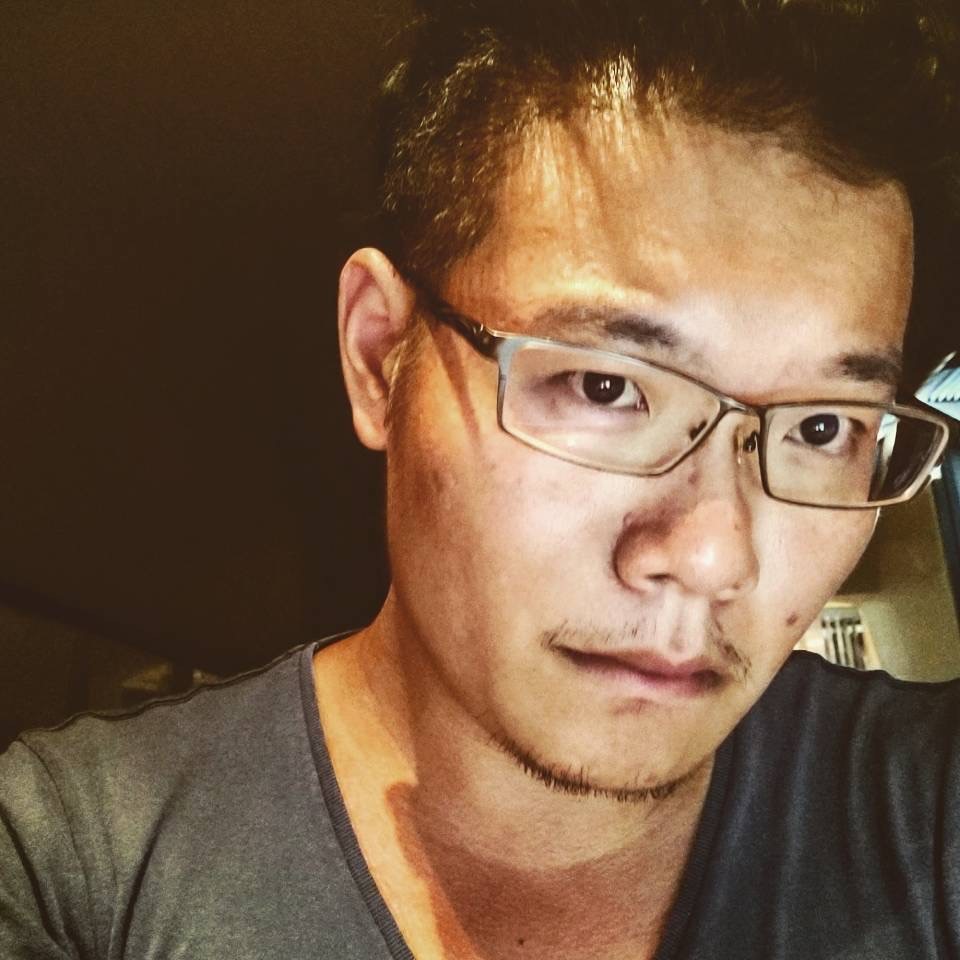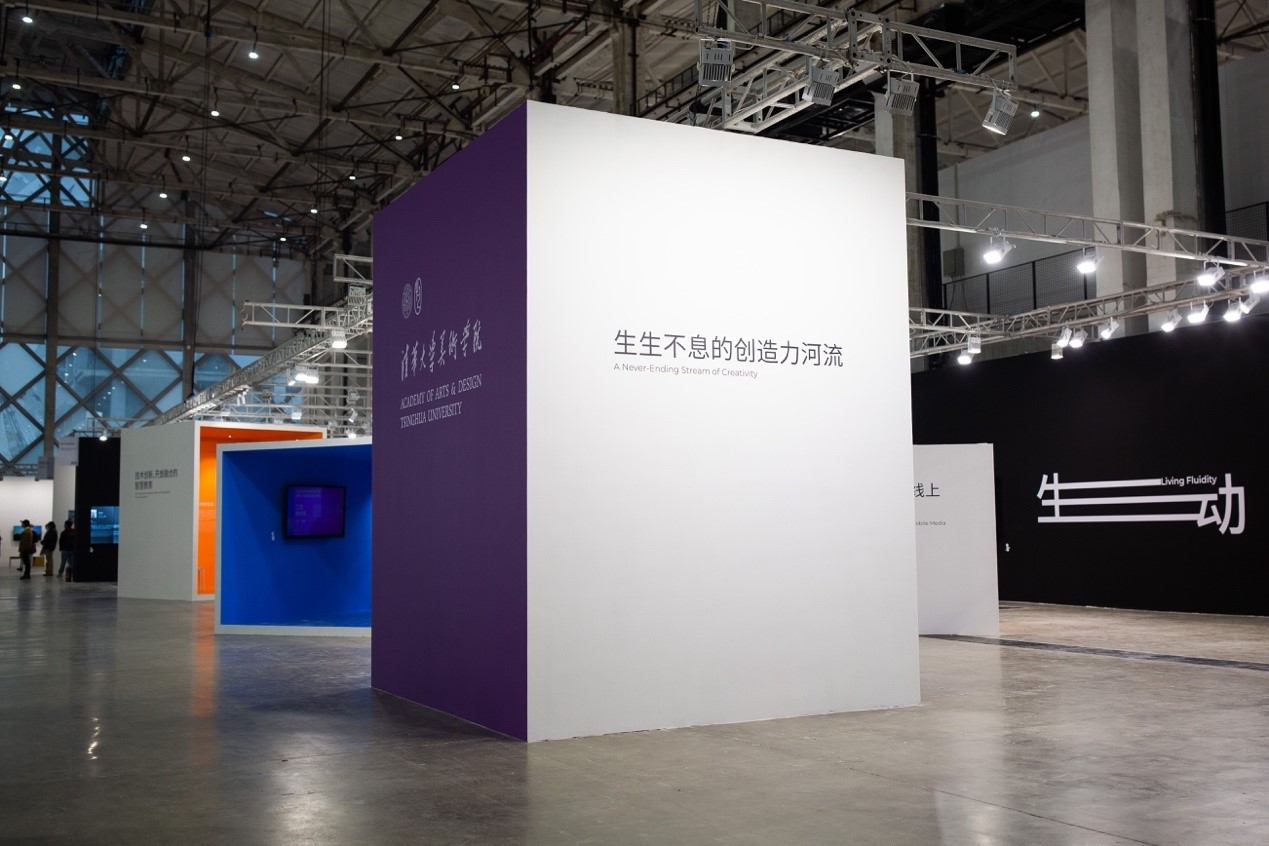一、承辦院系School/Department host:
Academy of Arts & Design 美術學院
二、挑戰(zhàn)主題Theme:

Giuseppe Arcimboldo, Vertumnus (Emperor Rudolph II), 1591
朱塞佩·阿爾欽博托,《四季之神(魯道夫二世像)》,1591
三、導語/背景情況概述Background:
We are what we eat.
What you choose to put on your plate can shape your identity and have a significant impact on our planet’s environment. We have lost a third of the world’s biodiversity to monocultural farming. Meat farming is the leading cause of land degradation, soil erosion and animal extinctions.
This hack will look into how industrial farming erodes the planet’s carbon sinks; how antibiotics and agrichemicals are killing pollinators and larger species; how livestock farming is taking up more land, using and contaminating more water, and ask tough questions about the food we eat and how we farm it.
Our planet has plenty of food if the land used for farming domestic animals is rehabilitated back to healthy natural ecosystems or used for growing local plant-based foods. If, as experts recommend, we eat less meat, the supply chain will be different. In this case consumers can drive change much more immediately than through other environmental protection efforts.
Art can’t save the world, but art can change the world by changing people. As individuals, we all have a role to play. Compared to climate emissions or the issue of plastics use, there is a very direct link between food supply and what individuals do. Join us, together we will try to figure out how art and design thinking and ingenuity will find greener ways for our eating habits.
We are what we eat.
你選擇吃進嘴里的東西不但定義著你的身份,還對地球的環(huán)境產生重大影響。我們已經因為單品農業(yè)生產而失去了世界上三分之一的生物多樣性。肉類養(yǎng)殖是土地退化、水土流失和動物滅絕的主要原因。
本Hack將研究工業(yè)化的農業(yè)生產如何威脅著地球的碳匯,抗生素和農用化學品如何殺死蜜蜂和更多的物種。畜牧業(yè)如何占用著更多土地、使用和污染更多水。并提出有關我們吃的食物以及我們如何耕種等棘手問題。
如果用于飼養(yǎng)家畜的土地恢復健康的自然生態(tài)系統(tǒng),或用于種植本地的植物性食物,我們的星球就會有充足的食物。如果按照專家的建議,我們少吃肉,供應鏈就會改變。在這種情況下,消費者可以比許多其他環(huán)境問題更直接地推動變革。
藝術不能拯救世界,但藝術可以通過改變人來改變世界。作為個人,我們都有自己的角色。與氣候排放或塑料問題相比,食品供應與個人行為之間存在非常直接的聯(lián)系。加入我們,在這個Hack里一同探索藝術和設計思維、獨創(chuàng)性將如何為我們的飲食模式找到更綠色的方式。
四、該領域比較關注的問題Our key topics of interest:
Sustainable Consumption and Production, Urban Farming, Ecological Art, Food Design, Food Critique, Gastronomy, Biodiversity, Animal Welfare
負責任消費與生產、都市農業(yè)、生態(tài)藝術、食物設計、美食評論、美食學、生物多樣性、動物福祉
五、主講老師Hack Leader

Eric Fan Feng has a Ph.D. in art history, and is Associate Professor of art and deputy chair of Department of painting in Academy of Arts & Design, Tsinghua University in Beijing. Dr. Feng was trained as a visual artist, who has exhibited work across China, and in the U.S. and Japan. Dr. Feng’s work is in several public collections and he has produced a number of public art commissions around China. In 2015, he was awarded the “East Asia Fellowship” by ARIAH (The Association of Research Institutes in Art History). He was a visiting fellow at Archive of American Art, Smithsonian Institute in Washington D.C. and Visiting scholar at American Academy at Rome in 2017. In 2020, he taught 2 online courses at University at Buffalo, SUNY, one art history, one studio painting.
封帆,藝術學博士、清華大學美術學院副教授、繪畫系副主任,研究生導師。紐約州大學布法羅分校訪問教授。
主要從事生態(tài)藝術的創(chuàng)作及西方現(xiàn)當代藝術史的研究。作為實踐藝術家和藝術史學者的雙重身份使其兼顧視覺分析與文本討論,具有工作室實踐與理論研究并舉的雙重特性。曾任美國史密森尼學會美國美術檔案館訪問研究員(2017);羅馬美國學院訪問學者(2017);2016年被美國藝術史研究機構協(xié)會 (ARIAH Association of Research Institutes of Art History))授予“東亞學者”(Eastern Asian Fellowship)獎;著有《神祇與天真:賽·湯布利的古典世界》(江蘇鳳凰美術出版社,2020)。
六、導師Mentors
涂山,建筑師,高級工程師;清華大學美術學院環(huán)境藝術設計系副教授。他研究技術的走向和設計的關聯(lián),并關注技術和設計發(fā)展和整合,以及在不同的文化及環(huán)境背景下的應用,如舊城區(qū)改造和保護性發(fā)展及水上環(huán)境等,就此方向,他組織了系列的國際校際工作室。于2019年發(fā)起組織“吃的未來設計”論壇及workshop,并作主旨發(fā)言。
Tu Shan, is an architect, senior engineer and Associate Professor of Environmental Art Design Department at the Academy of Arts & Design, Tsinghua University. He studies the relationship between the trend of technology and design, and pays attention to the development and integration of technology and design, as well as the application in different cultural and environmental backgrounds, such as the renovation and protective development of the old city and the water environment. With this focus, he organized a series of international intercollegiate studios. In 2019, he initiated and organized the "Future Design of Food" forum and workshop, and delivered a keynote speech.

楊曉昫,高端飲食餐飲顧問、美食評論人。畢業(yè)于北京師范大學認知心理學專業(yè),曾任Beijinger美食編輯、黑卡指南主理人。

Emily Young.
Prior to taking on her current role as Dining Editor, Emily was an Assistant Food Editor at the Beijinger. She is a Dianping diamond user and has interest in both traditional, local cooking as well as boundary-pushing fine dining.
楊晉匯,侍酒師、香港Cornerstone餐廳經理,前米其林一星餐廳ARCANE經理、北京瑰麗酒店飲品經理,畢業(yè)于悉尼大學建筑專業(yè)。
Didiery Young, Sommelier, is a Hong Kong Cornerstone restaurant manager, former Michelin restaurant ARCANE manager, and Beijing Rosewood Hotel beverage manager. He graduated from the University of Sydney with a major in architecture.

七、承辦院系簡介
As the first higher education institution of arts and design in China, Academy of Arts & Design, Tsinghua University has been in a prominent position since its establishment. The Academy is devoted to cultivating talents, promoting research and innovation, and expanding international cooperation. The Academy has been actively collaborating with the world’s top-class arts & design institutions and multinational companies in interdisciplinary and cross-cultural teaching and research.
清華大學美術學院作為中國第一所高等美術設計院校,自建校以來一直處于領先地位。數十年來,學院致力于人才培養(yǎng)、科研創(chuàng)新、國際合作拓展。學院一直積極與世界一流的藝術設計機構和跨國公司合作,開展跨學科、跨文化的教學和研究。
